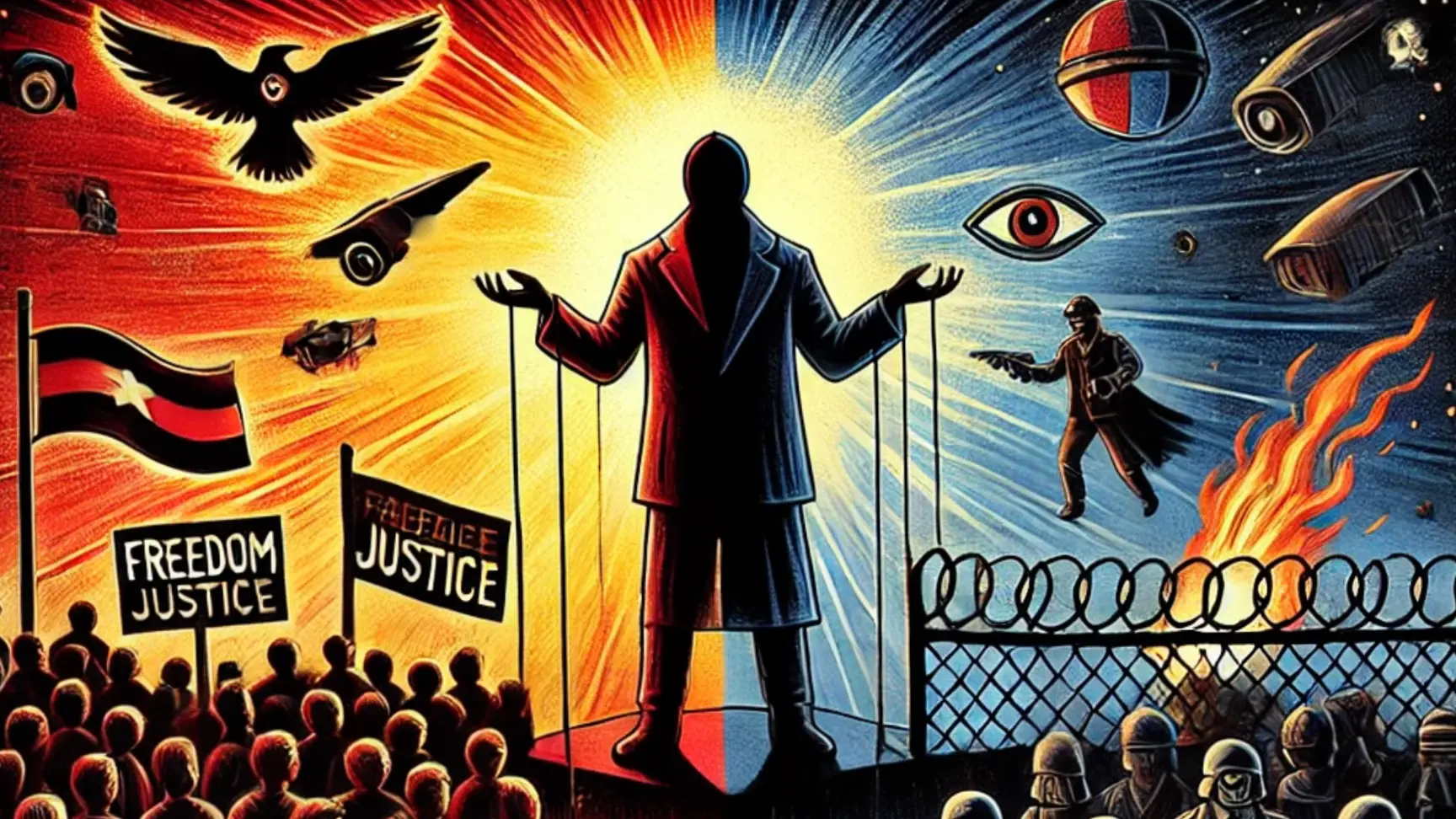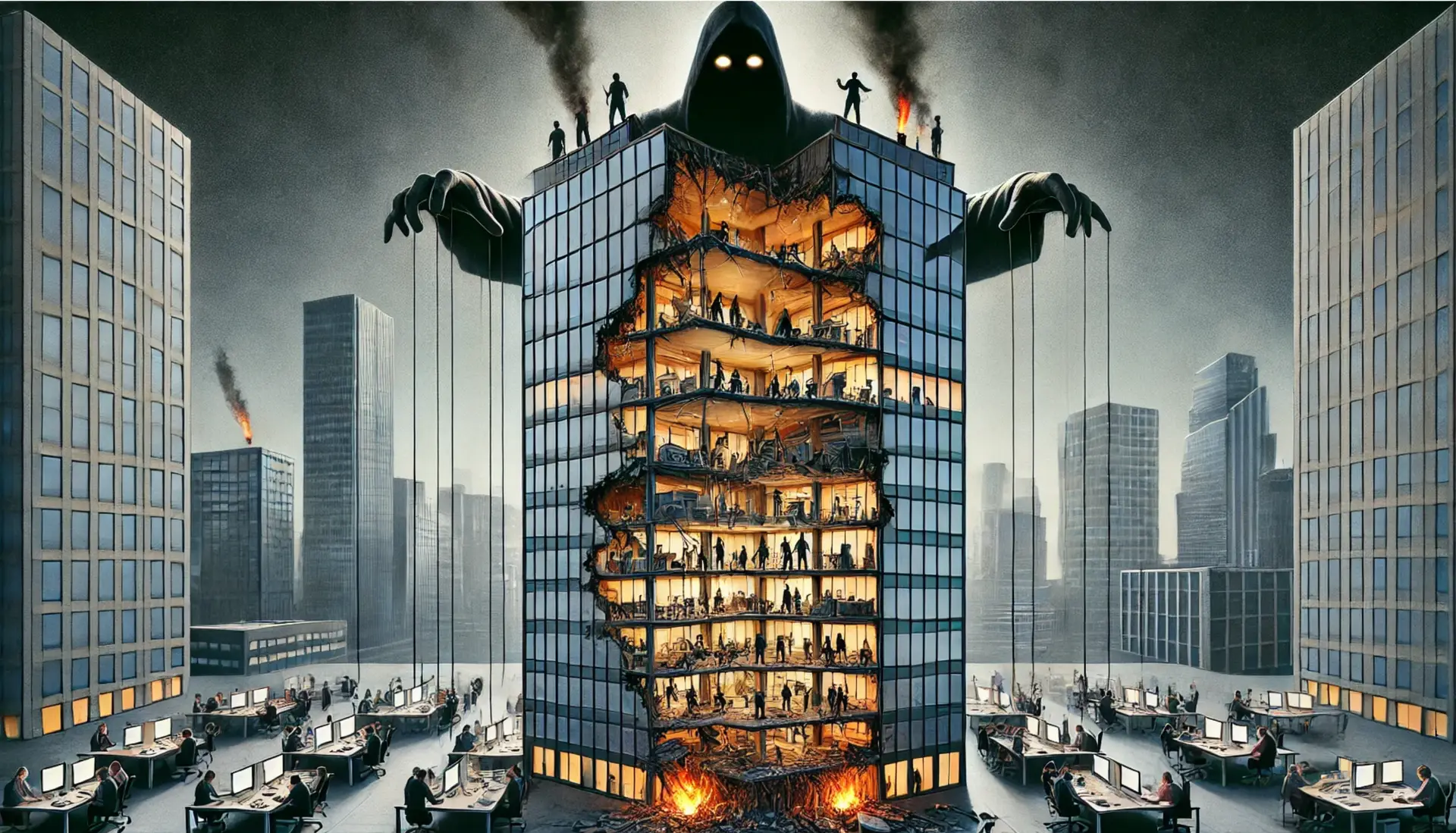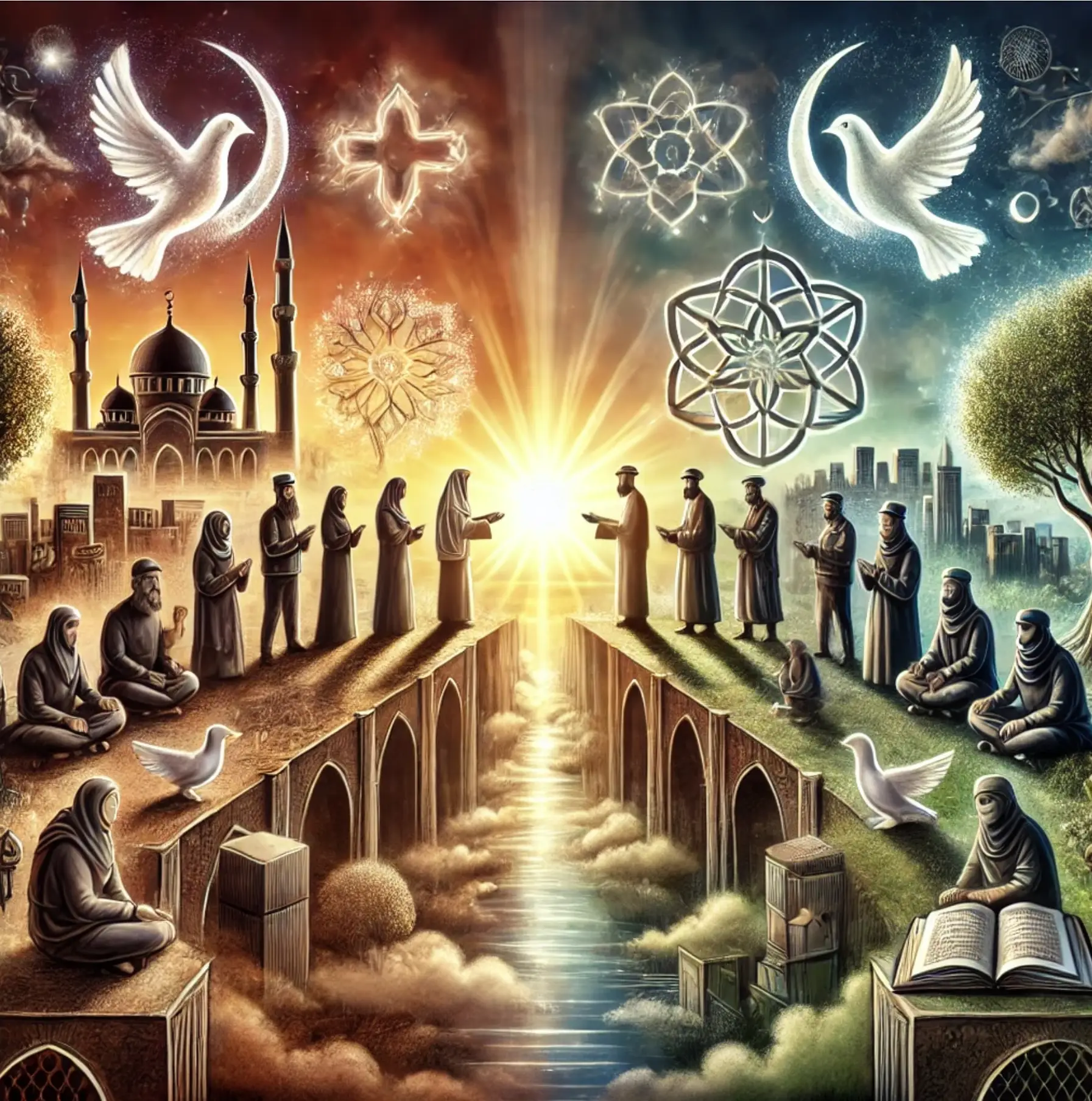
Can Democracy Survive? A Systems Perspective on Fundamentalism, Racism, and Social Construction
Democracy, at its core, is an evolving system—a structure shaped by historical forces, cultural narratives, and the ever-shifting dynamics of power. The United States, often heralded as a beacon of democratic governance, faces existential challenges that raise a pressing question: Can democracy survive in an era of increasing political and religious fundamentalism, rampant racism, and intensifying social division? Through the lenses of social constructionism, critical race theory, and systems theory, we can explore democracy not as a fixed entity, but as a socially constructed, deeply interconnected system that is both resilient and vulnerable. Whether democracy endures will depend on whether it can adapt to these challenges or succumb to its internal contradictions.

The Narcissism Spectrum: How the Emergent Self is Shaped by Society, Relationships, and Systems
In contemporary discussions of personality and identity, narcissism often emerges as a central theme. Social media, shifting cultural values, and individualistic ideologies appear to cultivate an increasing focus on self-presentation, leading many to wonder whether narcissism is more prevalent today than ever before. But is this truly the case? Or is our awareness of narcissistic traits heightened due to evolving social and psychological frameworks? Regardless of whether narcissism has increased in absolute terms, most people exhibit narcissistic traits to some degree. Examining this phenomenon through the lens of social constructionism, relational theory, and systems theory provides a nuanced understanding of how narcissism emerges and functions within the broader social world. Narcissism as

The Banality of Hatred: How Everyday People—and Big Business—Normalize Extremism
We often think of authoritarianism and political violence as something that happens “out there” or in the past—Nazi Germany, Soviet purges, or distant dictatorships. But history tells a different story. It teaches us that authoritarian movements don’t rise to power solely through the iron fist of a single leader. They take hold when ordinary people—neighbors, colleagues, and even friends—begin to rationalize and embrace extremism as a part of daily life. And they thrive when corporations and business leaders, whether out of greed, fear, or self-interest, go along with it. This isn’t just a political issue—it’s a crisis of identity and transformation. If we are to resist the pull of authoritarianism, we must

The Hidden Costs of Executive Power Plays: How Corporate Politics Harm Every Level of the Organization
Behind the glossy façade of many corporations lies a world of secrecy, competition, and power struggles—a drama often centered at the executive level. Top executives jockey for influence, leverage hidden alliances, and, at times, engage in outright backstabbing to solidify their positions. While the illusion of harmony is often carefully maintained, these dynamics ripple throughout the organization, creating harm far beyond the boardroom. The Secrecy of the Executive Circle At the highest levels of an organization, information is currency. Executives often guard key company data, strategic plans, or decisions, sharing only selectively to maintain control. This secrecy fosters an environment of distrust, as employees at lower levels sense that critical information is

Why We Must Use the Word “Radical” When Addressing Religious Groups That Advocate Violence
Language is never neutral. The words we use shape how we perceive the world, influence public opinion, and construct the narratives that define societies. When discussing religious groups that promote violence and death, the use of the term “radical” is essential—not merely for precision, but to protect the dignity of peaceful adherents of those religions. Social constructionism, a framework that highlights how our shared understanding of reality is shaped through language, makes it clear that the failure to carefully choose our words can reinforce false narratives, stigmatize peaceful communities, and obscure the true nature of violence. Language Shapes Reality Social constructionism argues that our understanding of reality is not fixed or inherent

Why Do We Excuse Harmful Behavior from the Wealthy and Powerful?
When Elon Musk recently made a gesture that some interpreted as resembling a Nazi salute, it sparked outrage across social media. Amidst the backlash, there were also defenders who dismissed the controversy as overblown or accidental. This kind of reaction raises a significant question: Why do we make excuses for the behavior of certain individuals, particularly those who are wealthy and powerful? It’s not a new phenomenon. Throughout history, individuals in positions of significant influence have been granted a kind of cultural grace, even when their actions are questionable or outright harmful. Is this because of their power? Their vast wealth? Or something more deeply ingrained in societal attitudes? The Intersection of
